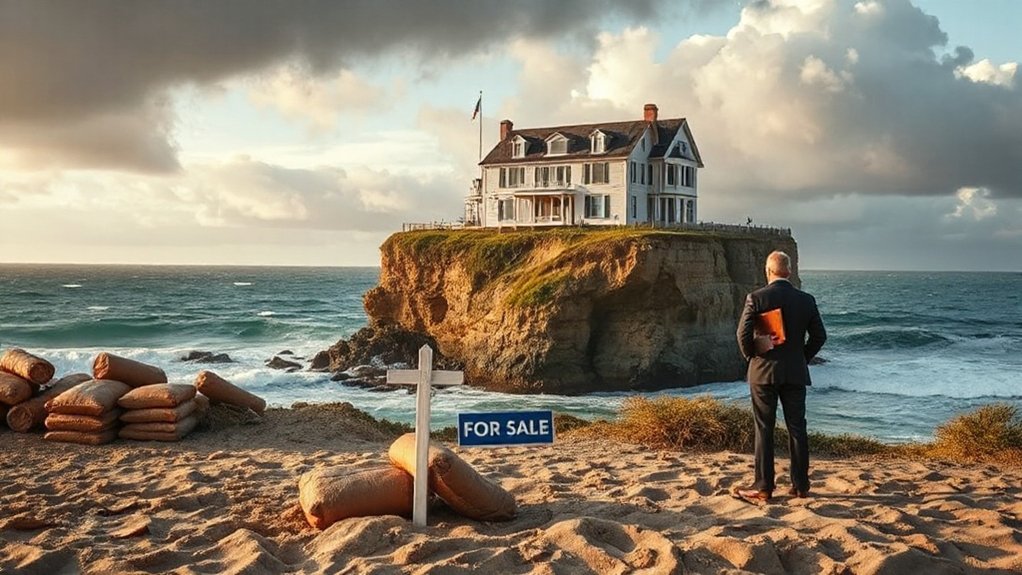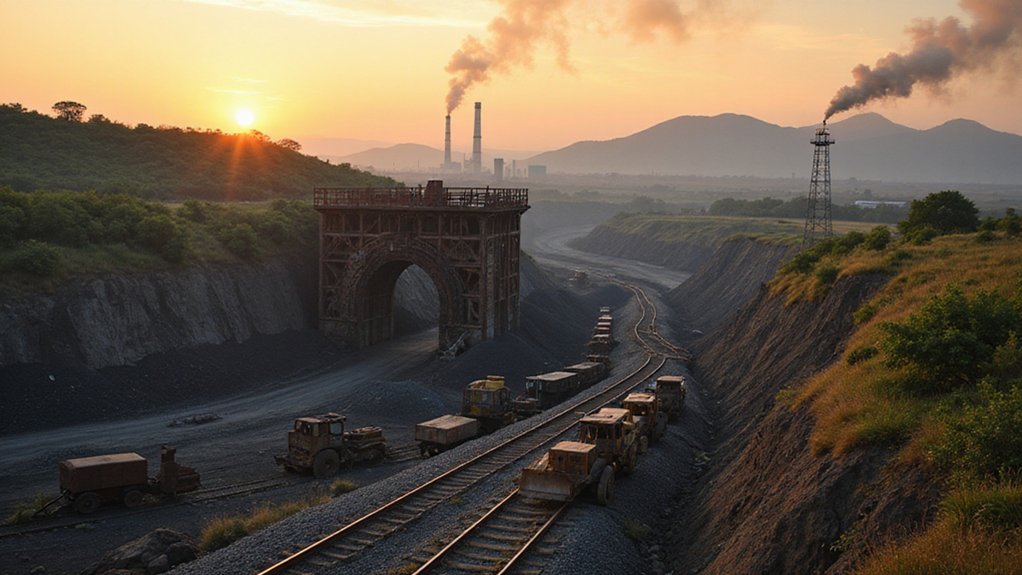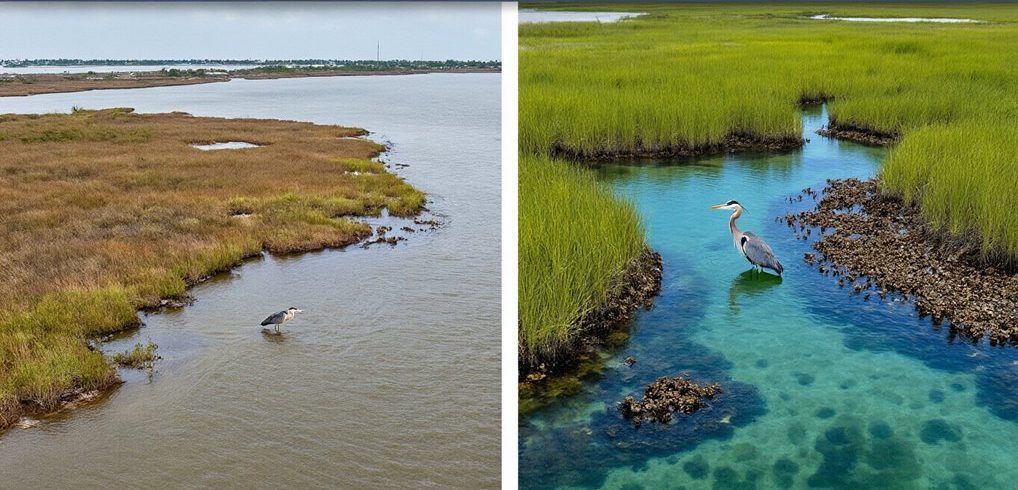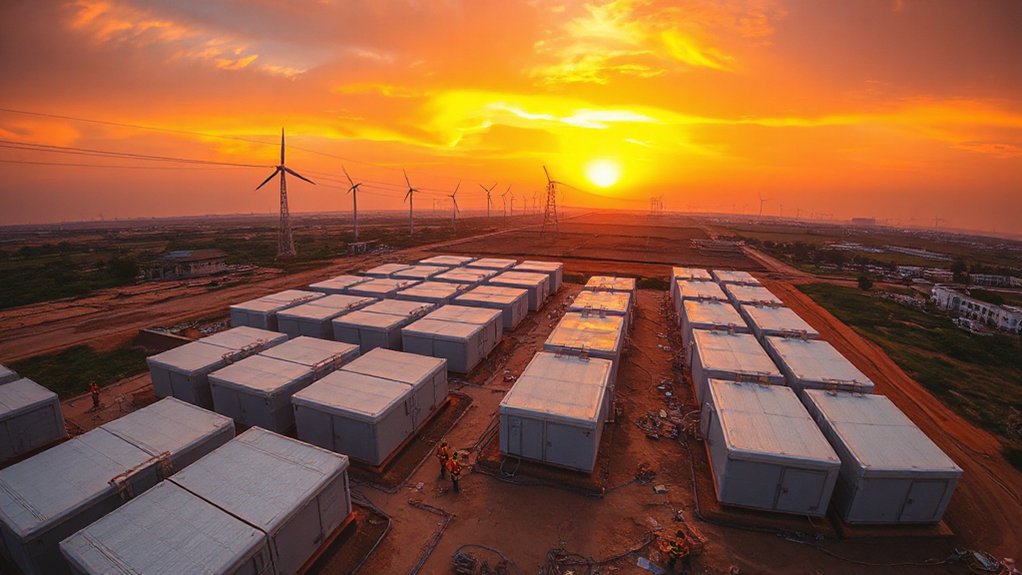While politicians debate the existence of climate change, millions of Americans are already voting with their moving trucks. The facts don’t care about your political stance – approximately 5.2 million climate migrants are expected in 2025 alone. Let that sink in.
The Great Lakes region is booming. Cities like Buffalo and Duluth, once afterthoughts in the real estate game, are seeing property values jump by double digits. Why? They have fresh water. Milder weather. Fewer hurricanes. Funny how basics like “not flooding regularly” suddenly become selling points.
Meanwhile, coastal communities are watching their American Dream wash away. Miami and Charleston properties in low-lying areas? Stagnating or declining. Tough break for those beachfront investments. Nearly $8 trillion worth of U.S. homes will face severe or extreme hurricane wind damage risk by 2025. That scenic ocean view comes with a catch – it might be in your living room soon.
Insurance companies aren’t stupid. They’re raising premiums faster than mortgage payments, creating a financial vise grip on homeowners in vulnerable areas. First Street estimates a 29.4% increase in average insurance premiums by 2055. Flood insurance alone doubles monthly housing costs for many. Ouch.
The math is brutal: human-driven climate change could wipe out $1.47 trillion in property values. That’s not a typo. Trillion. With a T. The destruction of forests, which offset about half of all fossil fuel emissions, further compounds this financial crisis.
By 2050, federal scientists project 10-12 inches of sea-level rise across the U.S., with the Gulf Coast getting soaked with 14-18 inches. Only about 3.3% of homes have federal flood insurance. Good luck with that.
The climate haven regions from Montana to Wisconsin are positioning themselves as winners in this massive demographic shift. Northern, less-populated areas are suddenly looking pretty smart. More than 55 million Americans are expected to voluntarily relocate by 2055. The growing trend of coastal retreat is forcing many to sell their properties at significant losses to escape the escalating climate risks. Cities like Miami and Jacksonville face some of the highest insurance premium spikes in the nation.
The great climate exodus isn’t coming. It’s already here.
References
- https://hwpmmd.com/climate-change-2025/
- https://www.axios.com/2025/02/03/climate-change-insurance-costs-real-estate
- https://mymovingjourney.com/blogs/how-climate-and-weather-are-influencing-where-people-move-in-2025
- https://www.sustainabilityprofessionals.org/climate-risks-in-us-real-estate-a-looming-economic-downturn-despite-political-denial
- https://www.redfin.com/news/climate-migration-real-estate-2025/
- https://www.realtor.com/research/climate-risk-2025/
- https://www.nar.realtor/research-and-statistics/research-reports/migration-trends
- https://greenmainehomes.com/blog/how-data-can-help-home-buyers-better-understand-climate-risks









